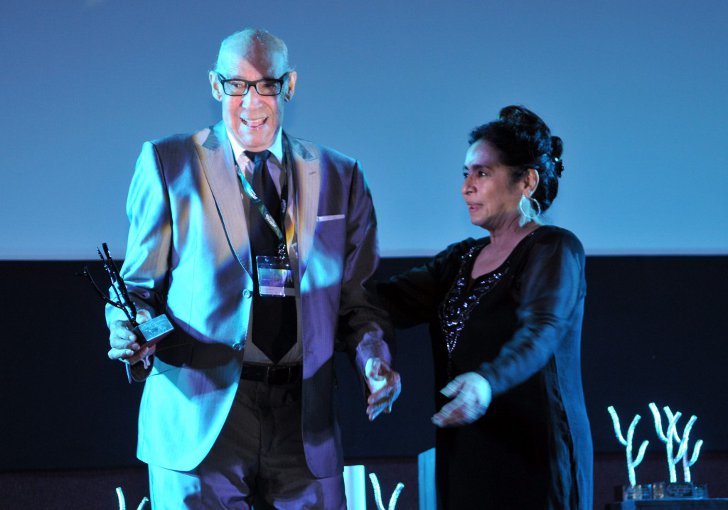The Havana Film Festival was founded by Alfredo Guevara, one of the founders of the Cuban Institute of Cinematographic Art and Industry (ICAIC) which was established by the Cuban government in 1959, soon after the victory of the Cuban Revolution.
Although the Cuban film industry began to develop after the revolution, local filmmakers often lacked experience and creative inspiration. In 1967, a group of Cuban filmmakers went abroad to exchange ideas and experience with their foreign colleagues. It was the first step towards the creation of Cuba’s first film festival. However, it took another dozen years to actually launch the festival.
The inaugural edition of the Havana Film Festival opened on December 3, 1979. The first festival featured over 600 filmmakers from all over Latin America. Alfredo Guevara become the festival’s first president. He held this post until his death in April 2013.
The main goal of the Havana Film Festival is to promote and reward films of significant cultural and artistic value which have contributed to enriching and reaffirming the Latin American and Caribbean cultural identity and heritage. Although the festival’s program focuses on films made in the Latin American and Caribbean states, it also showcases the best of contemporary world cinema, introducing Cuban audiences to new and exciting films from all over the world.
The festival’s program comprises several sections: Competition, Latin America in Perspective, International Showcases, Contemporary World Panorama, and Documentary Panorama. Along with competitive and non-competitive screenings, the festival hosts tributes, retrospectives, special presentations, seminars, concerts, exhibitions, and other activities.
The Havana Film Festival is a competitive festival. Its main award is the Grand Prix Coral. The competition includes three main categories: Fiction, Documentary and Animation. The Fiction category has three subcategories: Feature Length Films, Opera Prima (first feature films) and Short & Medium Length Films. Only productions on a Latin American subject are eligible for submission. Dialogues and narration must be in Spanish. Otherwise, a Spanish subtitled version must be submitted. Alongside the main film competition, the festival hosts an unproduced script competition, a poster competition, and a post-production competition.

Photo: telemundo33.com




